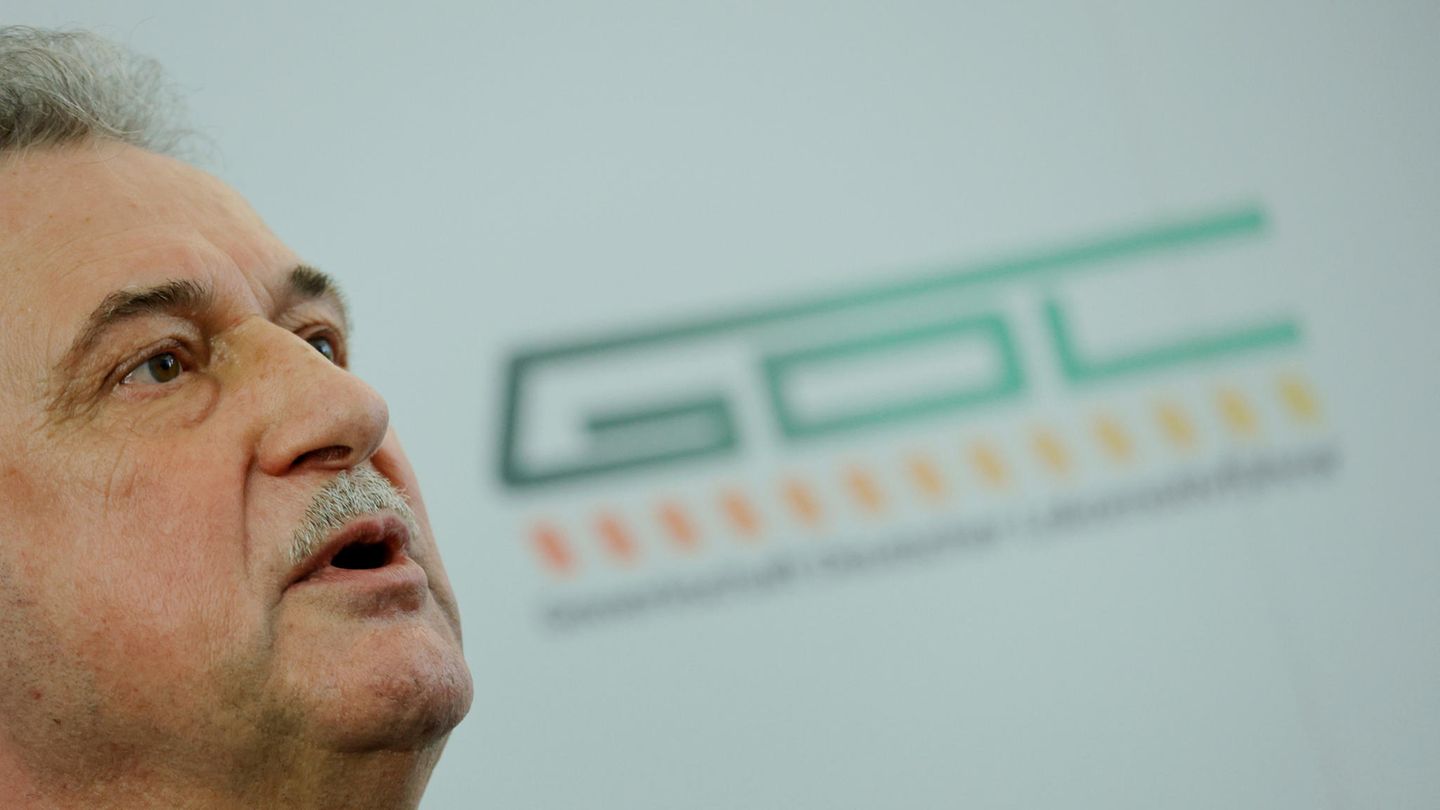Opinion
The GDL is on strike on the railway. Yet again. This annoys the railway, its passengers and puts the right to strike at risk.
Well, can you say off the top of your head how many rail strikes are taking place today? Not me. At the end of January, a survey showed that although only a minority was affected by the GDL strike, a clear majority rejected the industrial action. More than 60 percent of those surveyed have little or no understanding of the measures. There are probably more now. I’m definitely one of them.
Business representatives criticized the actions as an abuse of the right to strike and a burden on Germany as a business location. The railway spoke of an unreasonable expectation for millions of rail passengers and the economy. In the meantime, a debate is emerging that goes beyond working conditions at the railway: Is the GDL industrial action still covered by the right to strike? “The renewed industrial action by the GDL at the railway is disproportionate and legally questionable,” criticized Steffen Kampeter, general manager of the Federal Association of German Employers’ Associations, on Monday. “The union should immediately return to the negotiating table and agree to moderated arbitration.”
GDL rail strike without concessions
GDL boss Claus Weselsky does not seem to have understood the meaning of the word “compromise”. That’s the thing when two adults have different opinions and both make concessions in order to reach an agreement.
Labor disputes
114, 117, 449 days: The longest and largest strikes in Germany
Weselsky also has his reasons: He wants to be particularly combative in order to win more members for his minority union. But in my opinion the price is too high. “The right to strike depends on the collective bargaining partners being seriously willing to negotiate,” CDU General Secretary Carsten Linnemann told the newspapers of the Funke media group last Friday. Even the honorary chairman of the Pro Bahn passenger association, Karl-Peter Naumann, says: “We have to create new rules for the critical and no alternative infrastructure in Germany.” Across the political spectrum, critical voices will swell during wave strikes.
Right to strike in the Basic Law
The right to strike is enshrined in the Basic Law for good reason. To scrap it, it would need a two-thirds majority. If the Bundestag represents the people, it won’t be far away. Weselsky should perhaps consider the damage that the GDL can cause to all employees in Germany.
Source: Stern
I have been working in the news industry for over 6 years, first as a reporter and now as an editor. I have covered politics extensively, and my work has appeared in major newspapers and online news outlets around the world. In addition to my writing, I also contribute regularly to 24 Hours World.




